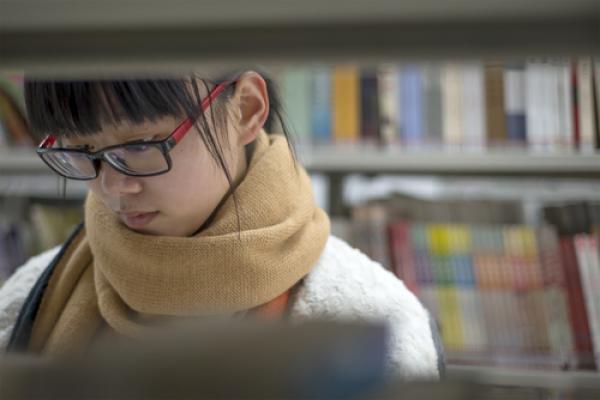Mar 10, 2014
A few years ago, I was browsing a bookstore and wound up in the “Spirituality” section. While scanning the titles, I noticed something that struck me as ironic and funny.
At one end of a shelf was a book by an ardent and dogmatic atheist. At the other end of the same shelf was a book by an ardent and dogmatic fundamentalist.
Two books, same shelf.
And in many significant ways, two peas in the same pod, no?
The atheist and the fundamentalist needed each other as foils to sell their books and make a lot of money. They both had a vision of life that was black-and-white. Both thought they had infallible answers to life’s biggest questions.
Matching bookends indeed.
Don’t most of us live somewhere in-between?
Read the Full Article

Already a subscriber? Login
